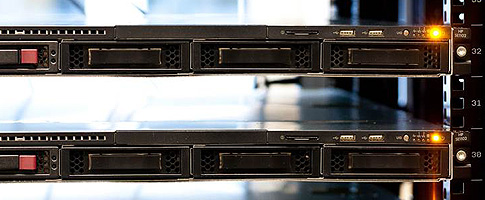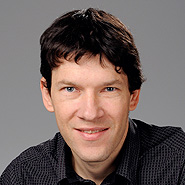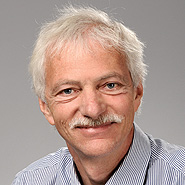Research

The Complex Systems and Big Data Competence Centre gathers the research activities of three distinct and unique research groups, namely the Complex Systems Group led by Prof. Pascal Felber, the Distributed Systems Group led by Prof. Kropf, and the Data Mining Group of Prof. Stoffel.

The Complex Systems Group’s expertise lies in the large-scale systems, with a focus on cloud computing, distributed storage, concurrent programming, and complex data processing. Its researchers have notably been developing novel techniques to acquire, transmit, store, and process massive amounts of data in the context of several FP7 European projects in the field of Big Data (Velox, SRT-15, LEADS, ParaDIME), H2020 European projects (SafeCloud, EBSIS, SecureCloud) as well as several national projects.
Further information:
Distributed Systems

The strengths of the Distributed Systems Group include sensor networks and data gathering with a focus on integrating energy efficient monitoring and online/realtime data analysis and data input for modelling and simulation of complex systems. Moreover, particular attention is given to long-term cloud-based secured storage of sensor data. The Group's researchers have in particular developed novel techniques to securely acquire, store and process large amounts of data through several interdisciplinary projects.
The Group is currently involved in ongoing research COST actions around Big Data (cHIPSet) or ultrascale computing (NESUS).
Further information:
Data Mining

In the Data Mining Group the research activity primarily focuses on two questions: firstly, how data mining algorithms can benefit from knowledge representation systems, and secondly, how the efficiency of existing systems can be improved. Research from this Group formalized and implemented a knowledge representation language that was scalable enough to be used in conjunction with data mining tools. A very efficient system based on a relational database system and a sophisticated query language was also designed and implemented. The principal data mining tasks performed by the system were high level classification rule induction, indexing, and grouping. A second contribution is a deep analysis of the criteria used during the construction of a decision tree, which lead to a new family of split functions with better performance on large data sets than classical split functions. Lastly, the Group has formalized a general framework for temporal data mining which also captures uncertainty aspects of knowledge.
Further information:
Topics
Steering Committee

![]()
Prof. Pascal Felber

![]()
Prof. Peter Kropf

![]()
Prof. Kilian Stoffel

